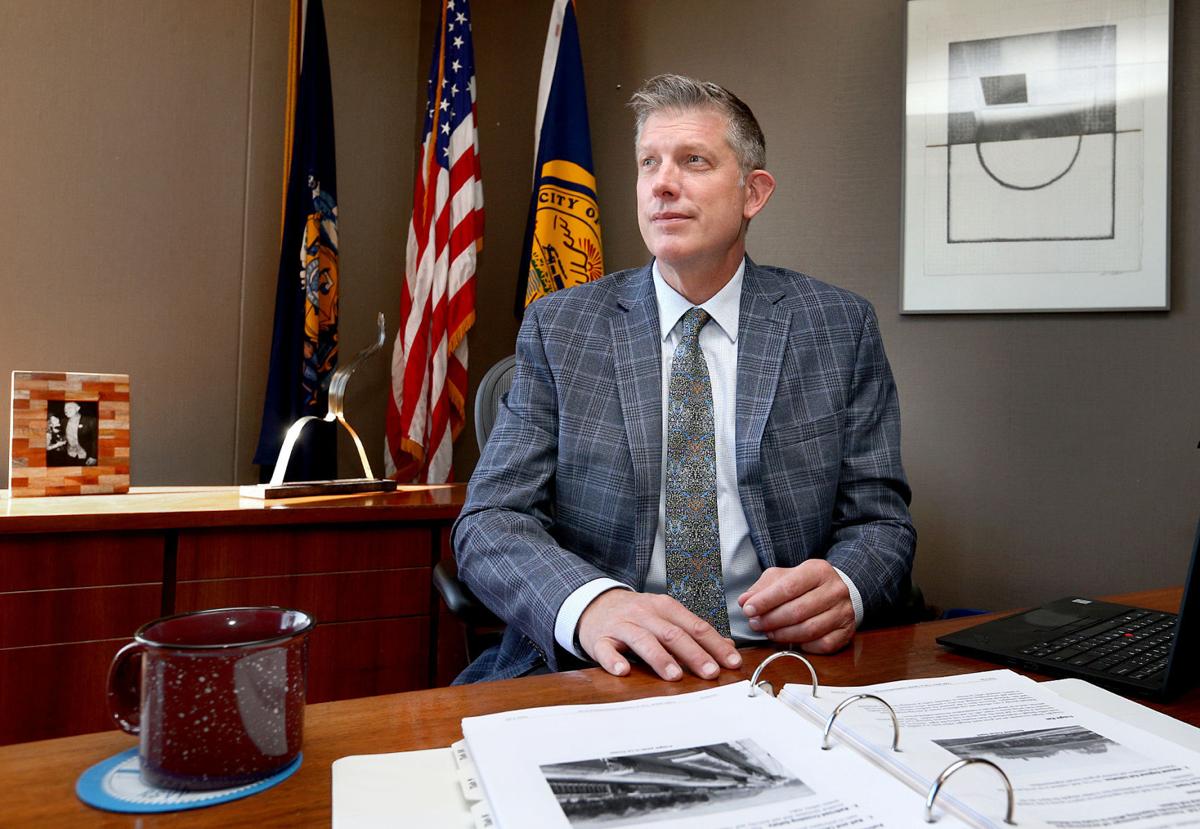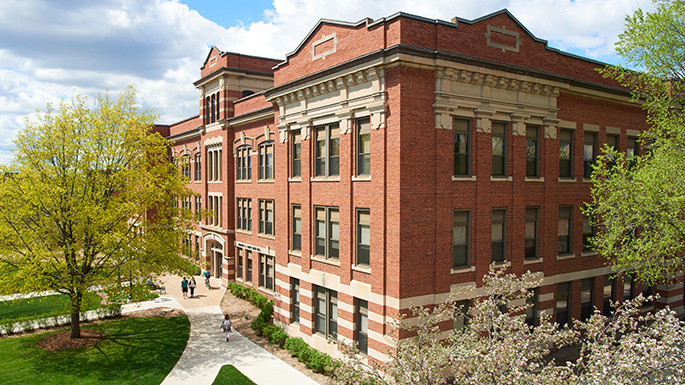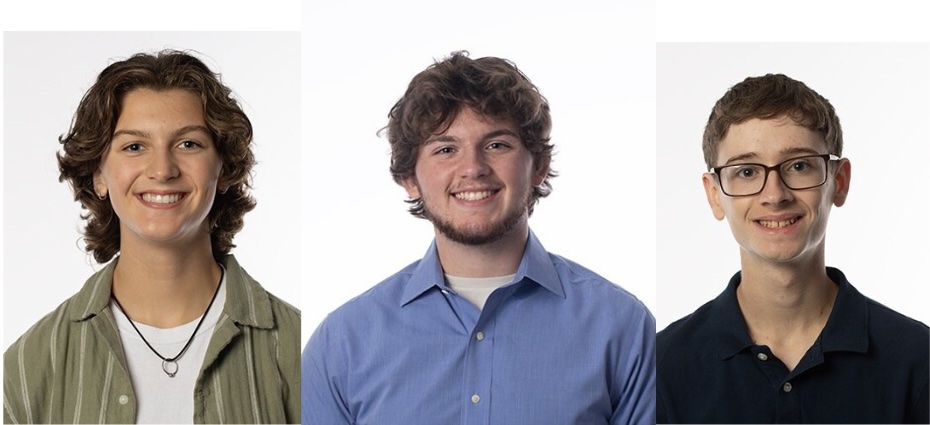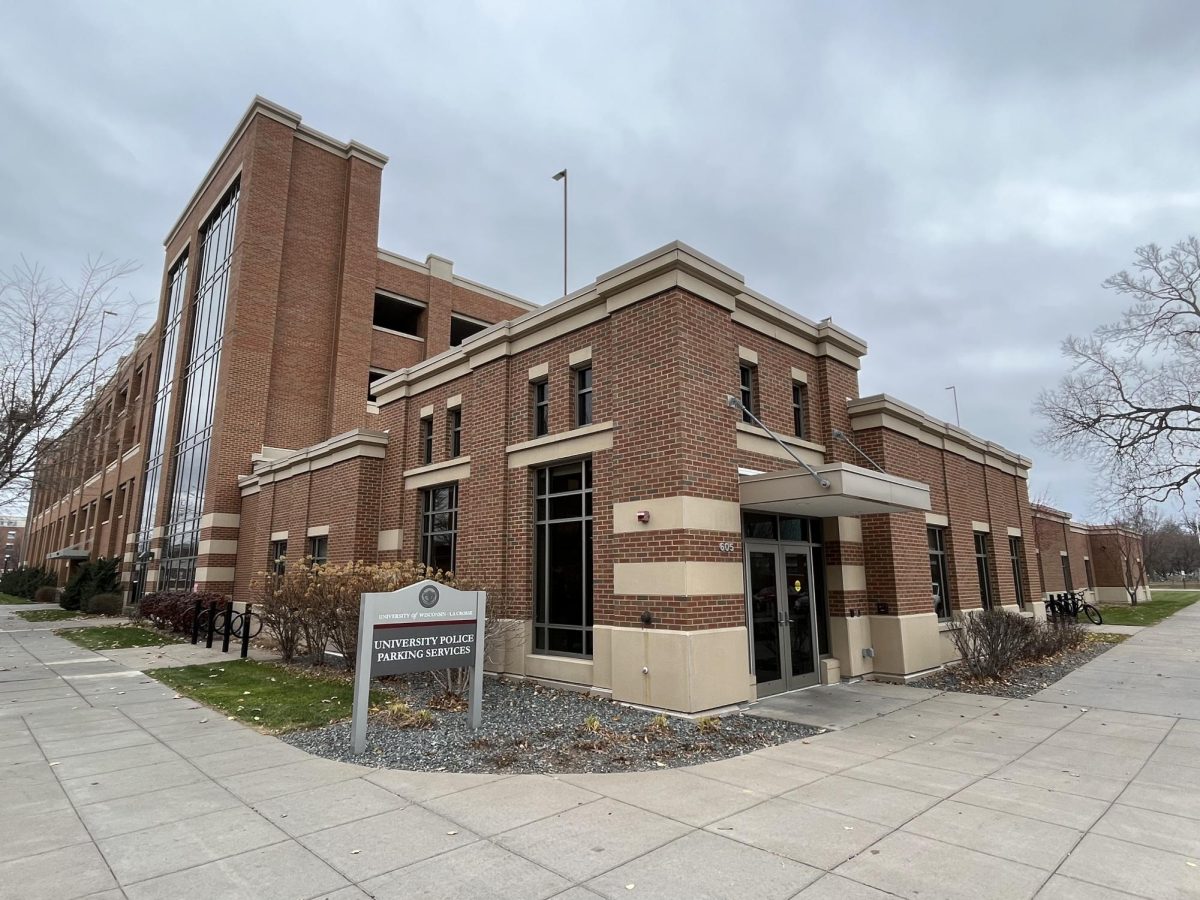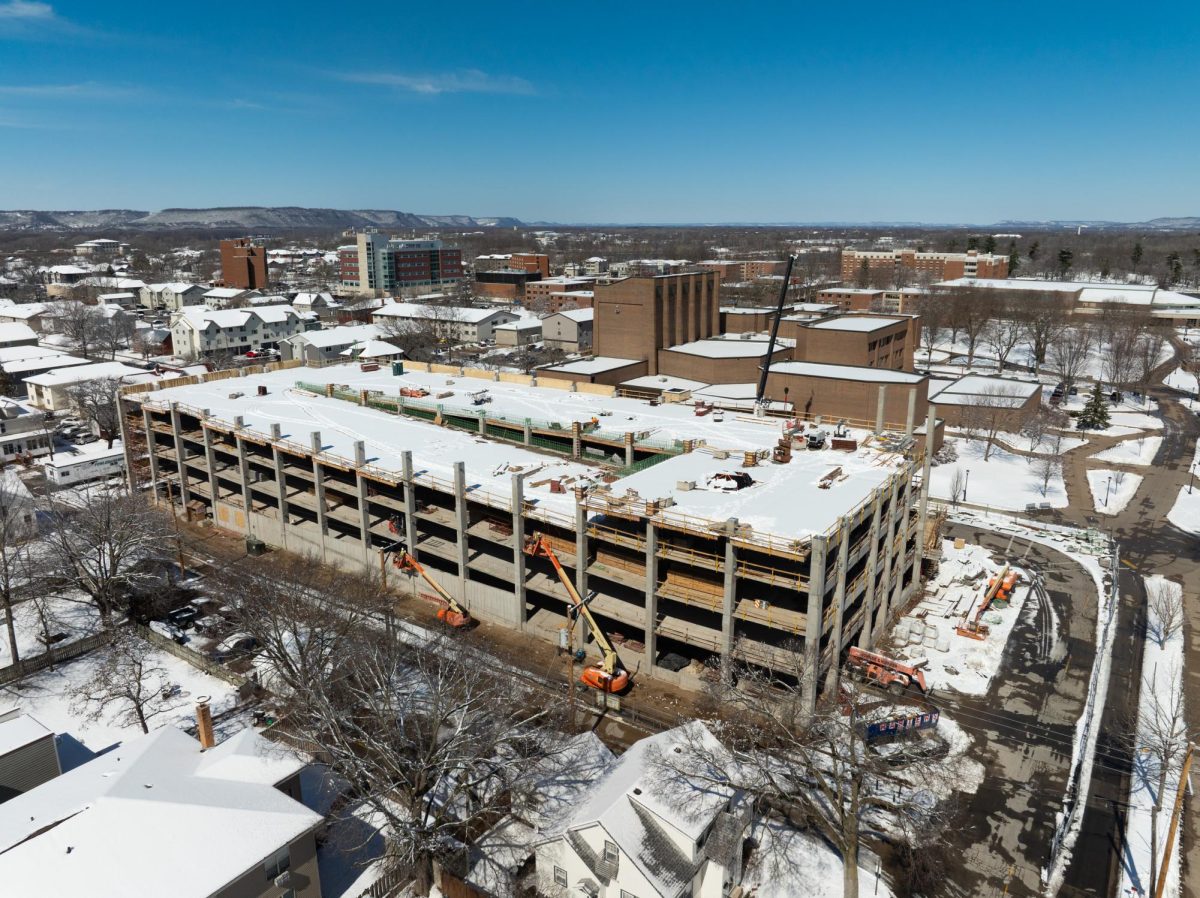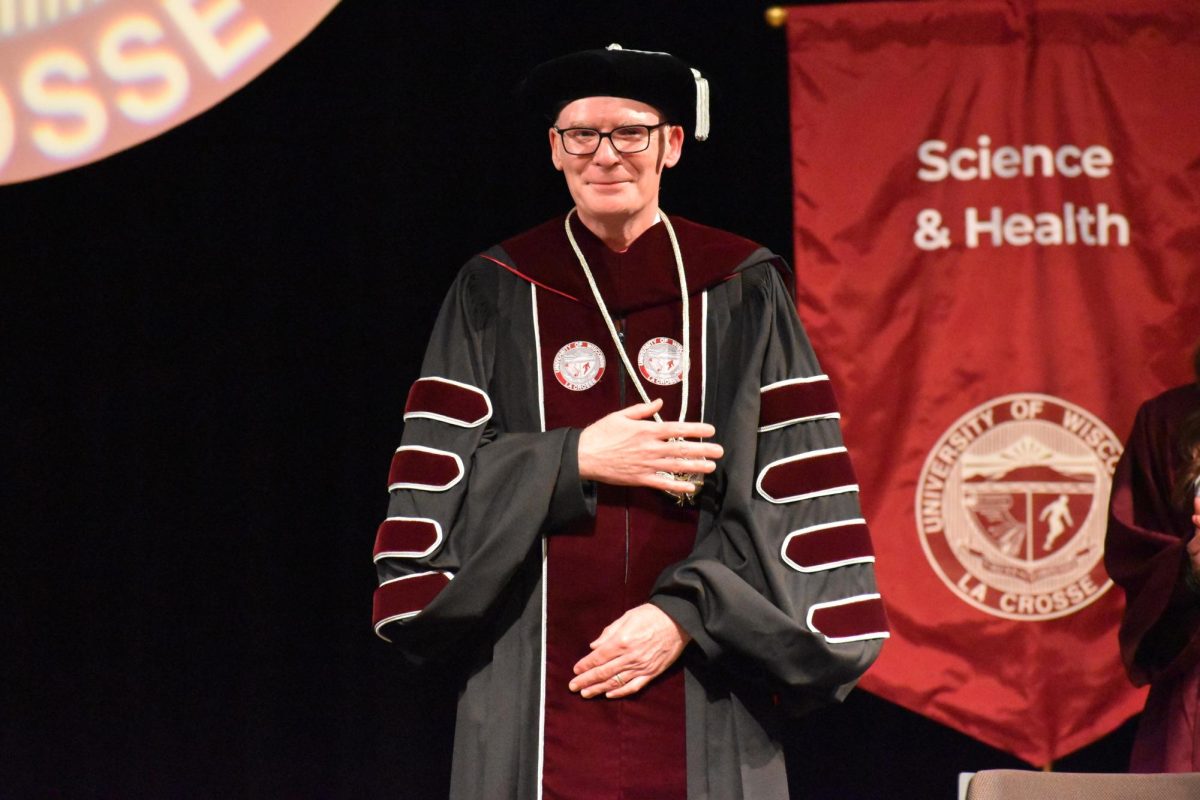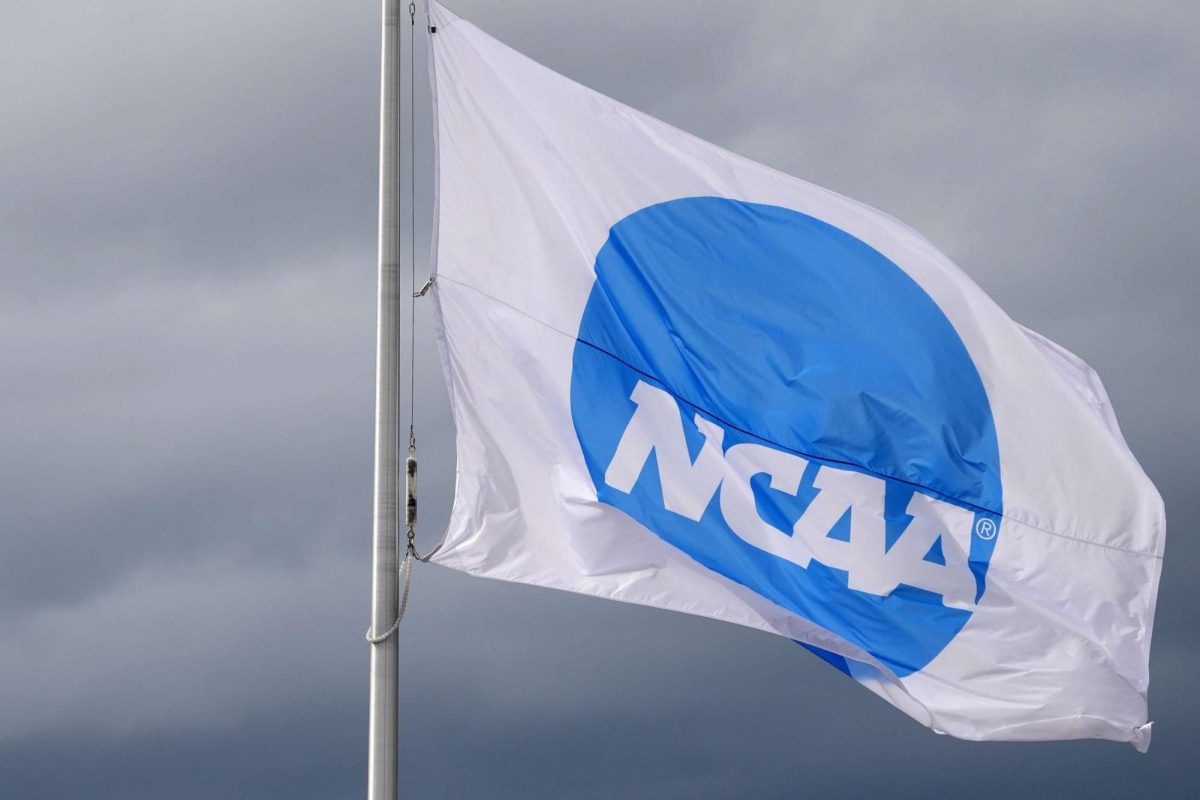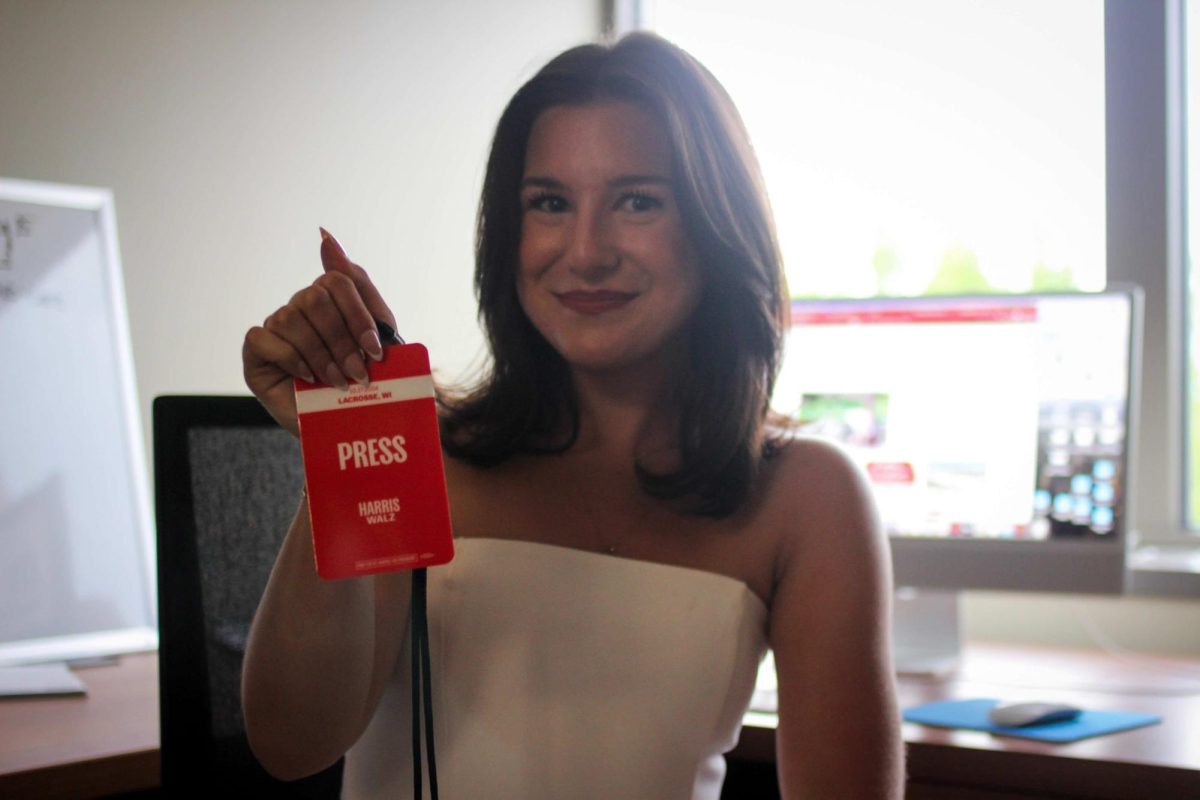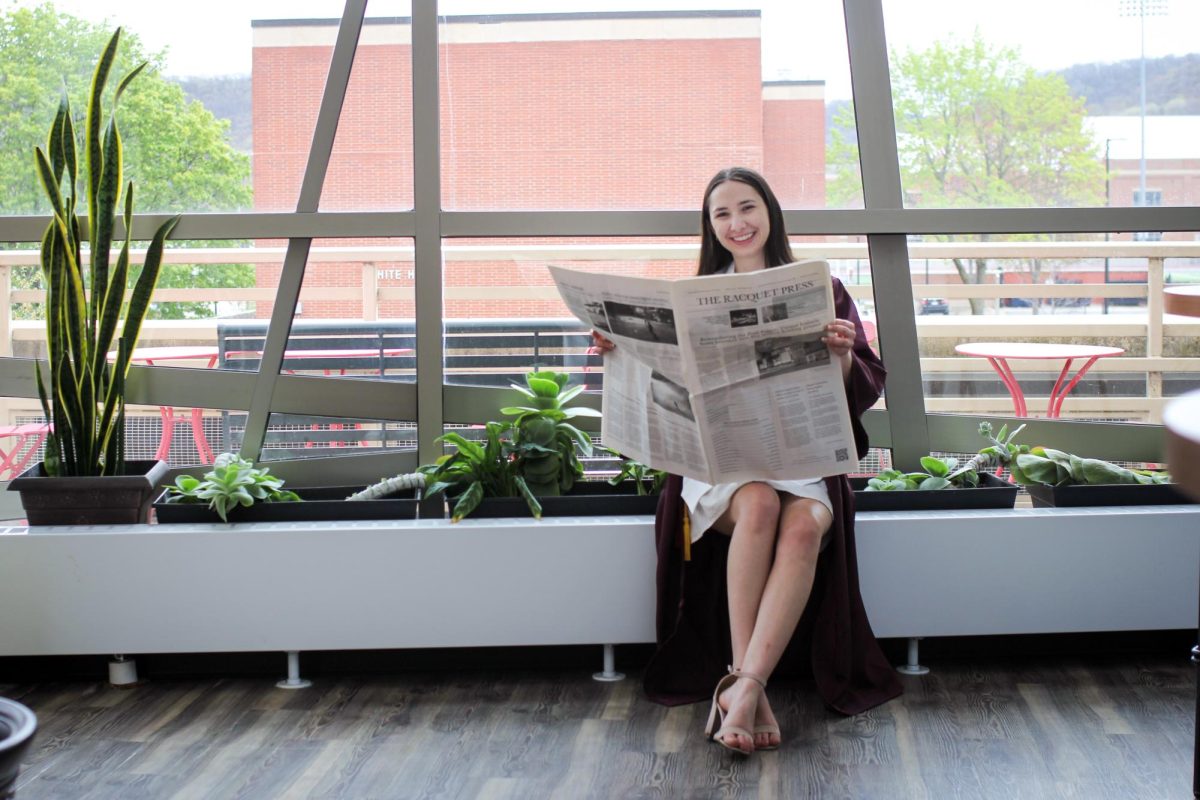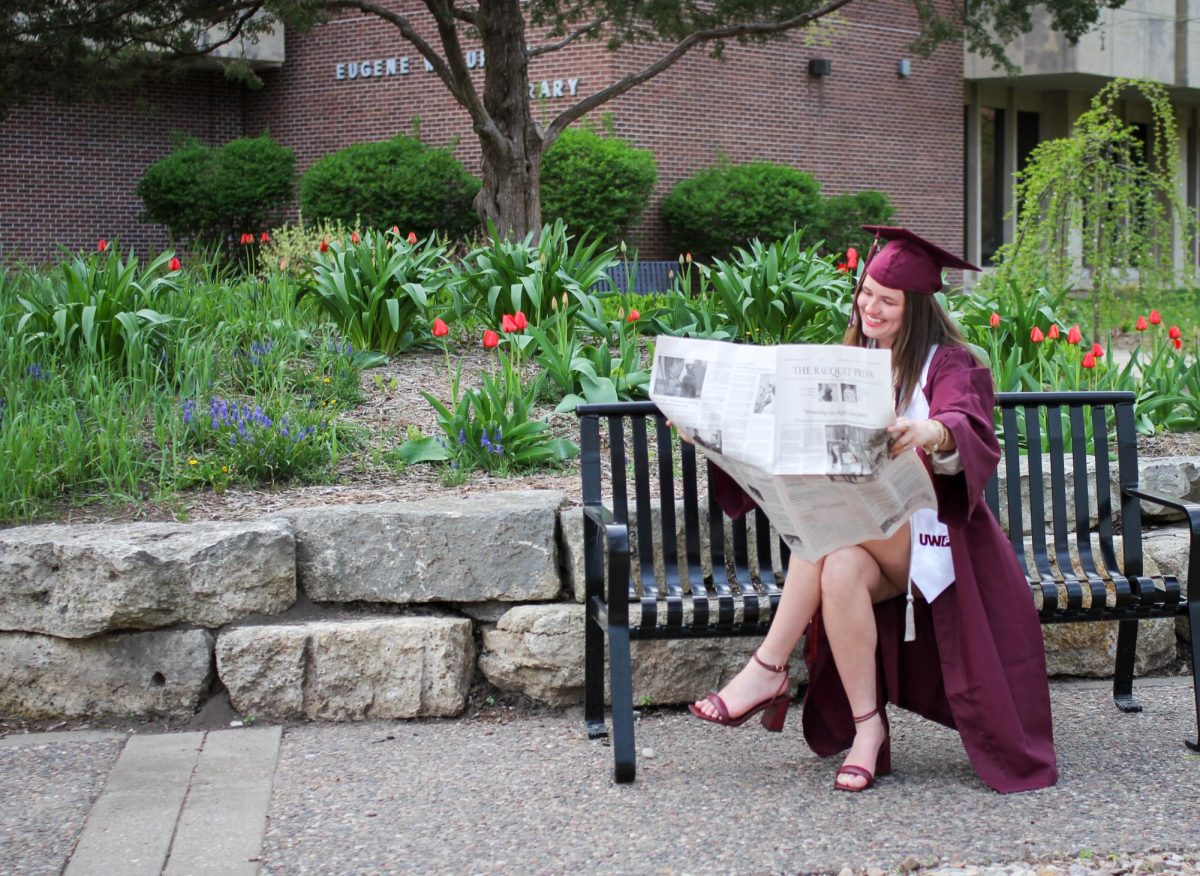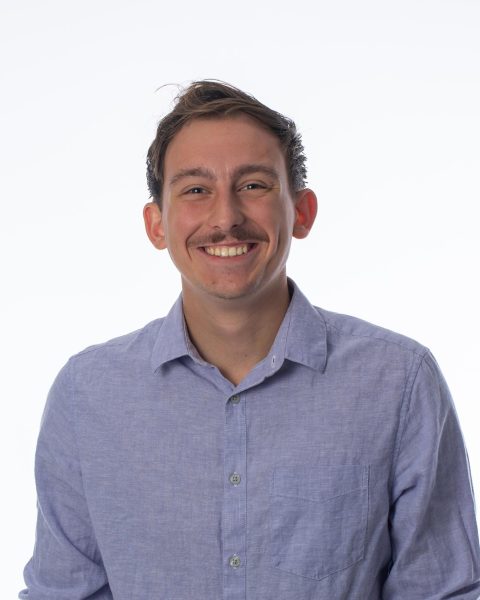In April 2021, La Crosse Mayor Mitch Reynolds defeated his opponent Vicki Markussen by 205 votes in the spring mayoral race. After almost three years into his four-year term, The Racquet Press sat down with Reynolds to hear his leadership responsibilities and priorities as mayor, as well as his reflection on challenges facing the city of La Crosse.
“My term expires in April of 2025, so this is my first term in office. I serve as the Chief Executive Officer (CEO) of the city of La Crosse and so largely I am just the manager of all the managers,” said Reynolds.
He continued, “I’m responsible for making sure that we get our budget done and making sure that we are adhering to and ensuring that all of the ordinances we have in place are enforced to the extent that we can, ensuring that services are provided in all aspects of all the city services that we do.”
Section 62.09(8) of the Wisconsin Legislature gives the mayor, “veto power as to all acts of the council, except such as to which it is expressly or by necessary implication otherwise provided.” Reynolds said, “I have not ever seen a mayor here who has not vetoed something, so I’m not sure if I’ll get through a term not vetoing something, but to this point I have not.”
The Racquet Press asked Reynolds to explain when a mayor would typically veto. Reynolds said, “I think generally speaking, if there are issues that are not well reasoned fiscally, that can be reason for issuing a veto.” He continued, “If there is something that is approved by the city council that runs counter to either what is in the best interest of the city–as determined by the mayor–or just it is in stark opposition to the values of the community as perceived by the mayor.”
Reynolds said by reaching consensus with city council members on a lot of legislation that there has been no need to issue a veto.
The challenges that La Crosse was facing in 2021 is what motivated Reynolds to run for mayor. “There were big challenges and I really felt that I could help. And that was really the deciding factor. Could I help? Yes, I could. Could I handle the job? Yeah, I knew what it was,” said Reynolds.
Equitable services is just one goal that Reynolds has tried to achieve while mayor. “That doesn’t mean do everything for everybody, it just makes sure that you are delivering services equitably,” he said.
To describe his view of equitable services, Reynolds said, “It’s access to public facilities like parks but also to services like police and fire.” He continued, “You’ll have folks that really show up to meetings and get really loud, and they tend to get more than other folks do. But I wanted to make sure that we were looking at, again, providing services throughout the city equitably.”
The Racquet Press asked how the city of La Crosse is gathering feedback from community members who don’t typically engage with local government. Reynolds said the reconstruction of the city’s comprehensive plan is an example of this level of engagement. “We have to go where people are [and] go to where they gather,” said Reynolds.
He continued, “I’ve done that in a few different ways in my outreach to the community as well, like going to the library and hanging out and getting feedback from folks. And going to parks and engaging with people and finding out what’s going on and what their priorities are.”
Choosing to value equity over equality was based on his view of fairness. “This is my–in some ways–personal philosophy, but I don’t feel like equal is always fair,” said Reynolds.
While campaigning in 2021, Reynolds said he focused on increasing the quality and quantity of housing in the city of La Crosse. “We’ve made some great advances there [additional housing in the city] and I think we moved along faster in some areas than I anticipated, and added a number of different housing units,” said Reynolds.
Perception of how much he could get done is one thing Reynolds said shifted a lot since being mayor. “I really thought that we would make more headway on homelessness. I really did. I thought that we would find a way–it would be less attractable than it is–and it’s been a lot more challenging than I would have anticipated,” said Reynolds.
Some challenges in addressing homelessness include the overlap of resources by nonprofit organizations. Reynolds said, “We have multiple service agencies that work in the city of La Crosse, that work on homelessness and they tend to have overlapping missions and they tend to utilize resources and then those missions overlap, so there is a tremendous waste of resources.” He continued, “They are not serving as many people by doing that.”
Reynolds also talked about the lack of people available to address the needs of people that are dealing with the challenges that may result from homelessness. “Not always, but a lot of the folks that we have that are living on the street right now or living in shelters, have mental health and addiction issues and there is just not the services available to help all of them,” said Reynolds.
He continued, “I don’t think that the community is necessarily satisfied with our response to homelessness and I don’t think they should be. I think we have a lot of work to do and I think they have a right to demand that we perform.”
In Reynolds’ words, some of the city’s greatest strengths are its servant mindset and its smart urban land management.
Reynold’s pinpointed La Crosse’s greatest weakness as its lack of housing.
To manage the lack of housing in La Crosse, the city reconstructed its economic development ordinance. Reynolds said, “This [reconstruction] helped us make our city more competitive when it comes to attracting development because we had flexibility to negotiate within our economic development policy to help facilitate building more homes.” He continued, “Not just single family homes, but housing units.”
Finally, The Racquet Press asked Reynolds why students from UWL should stay in La Crosse after graduation. Reynolds said, “Should they? Just kidding. I don’t know…I stayed and it was a great choice for me.”
He continued, “When I moved here and when I stayed here after graduating college, one of the reasons was the super close proximity to all these water recreational opportunities as well as being able to bike and hike in the bluffs.”
Reynolds said, “I don’t know, I’m sure it’s not for everybody, but I think it’s pretty awesome.”

